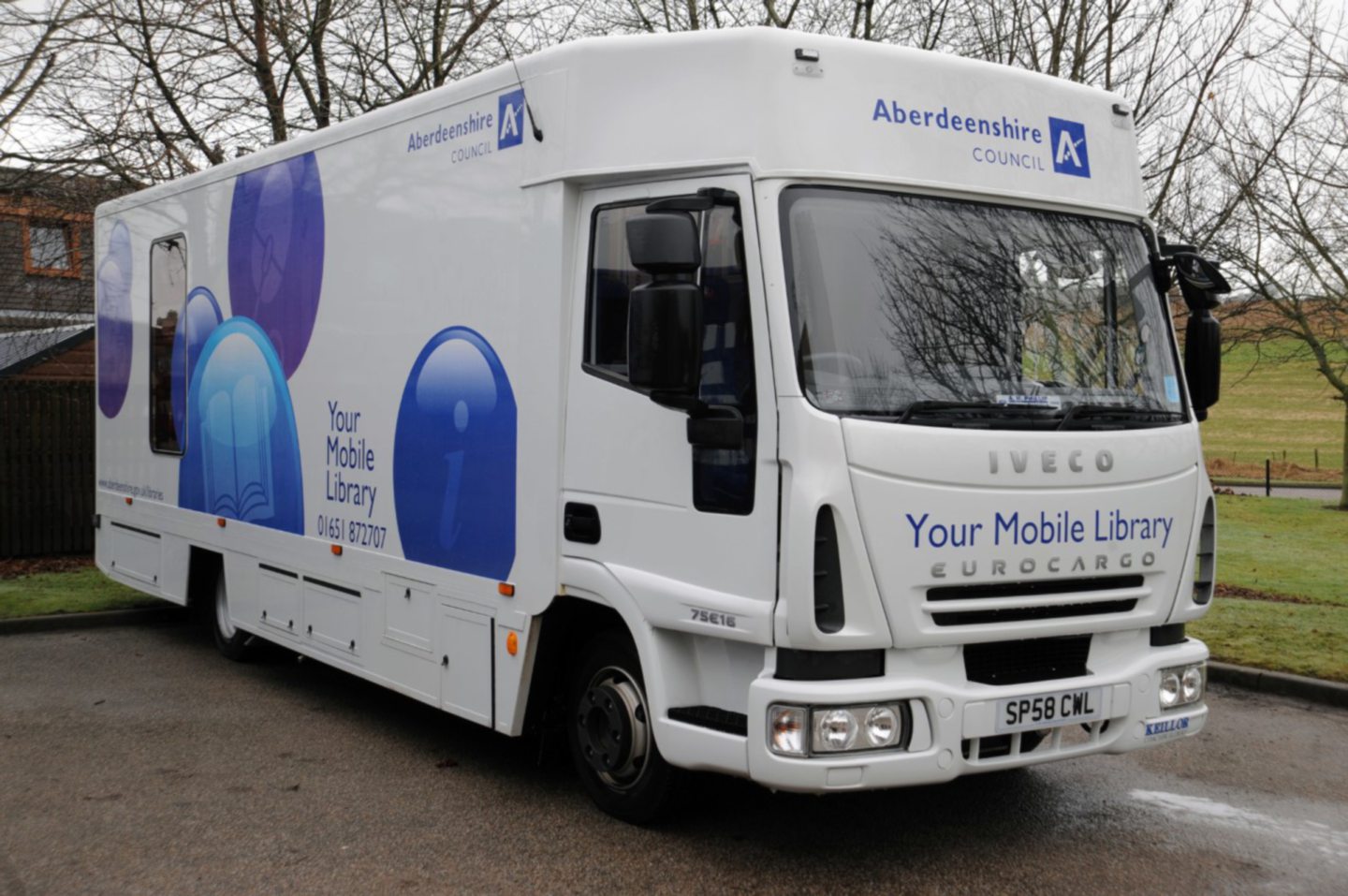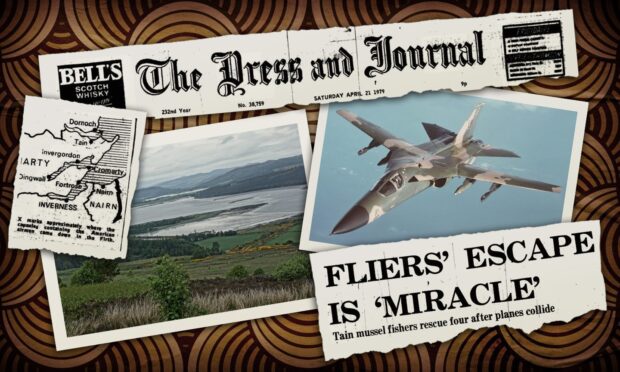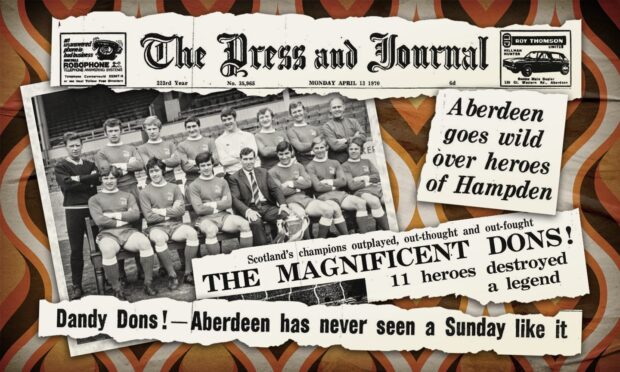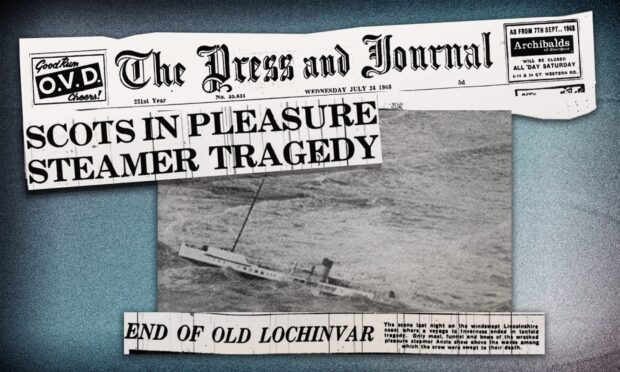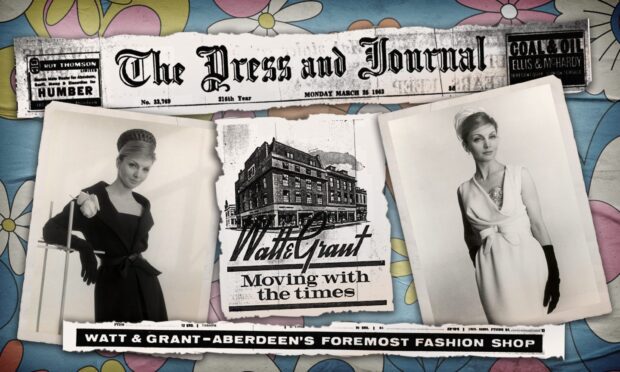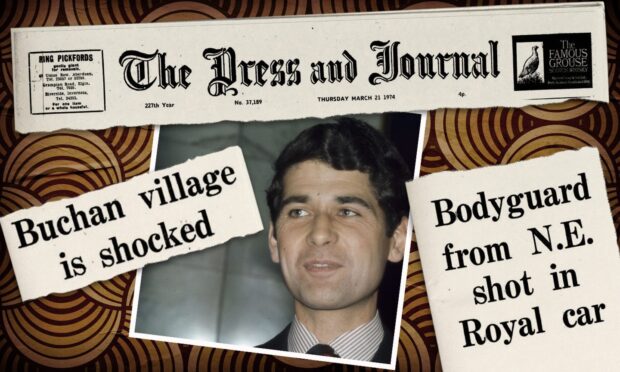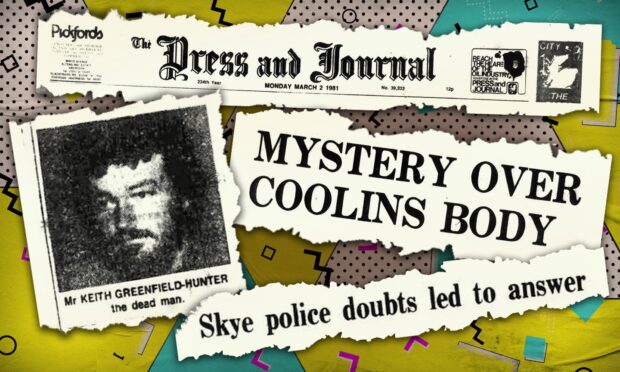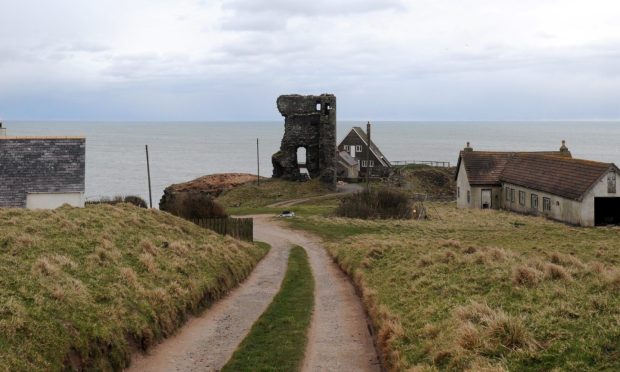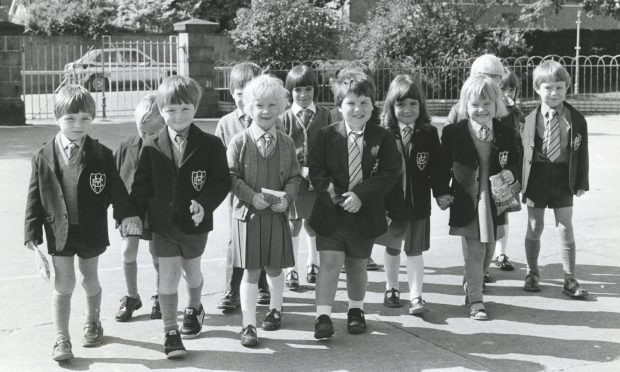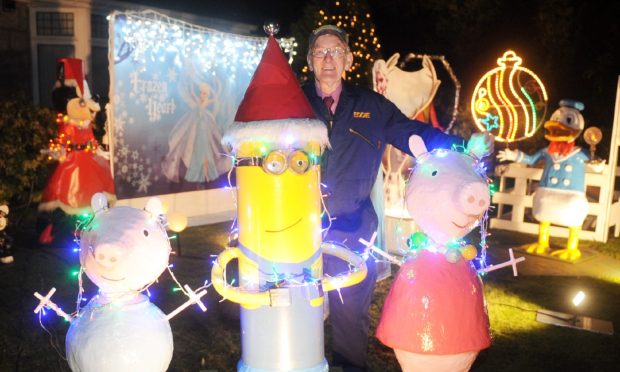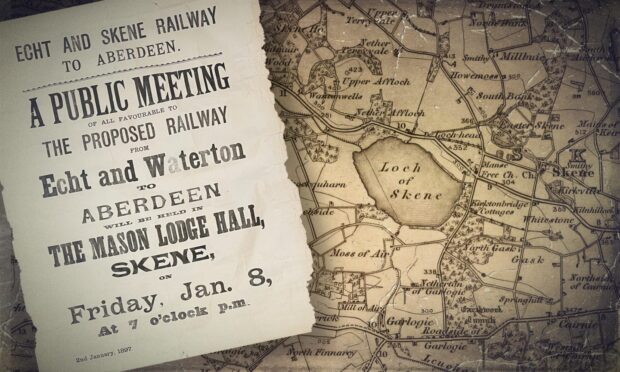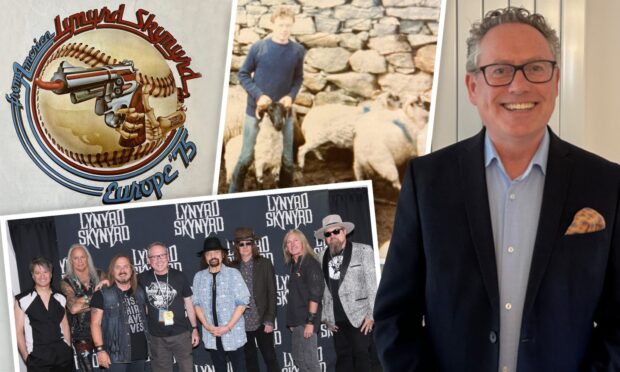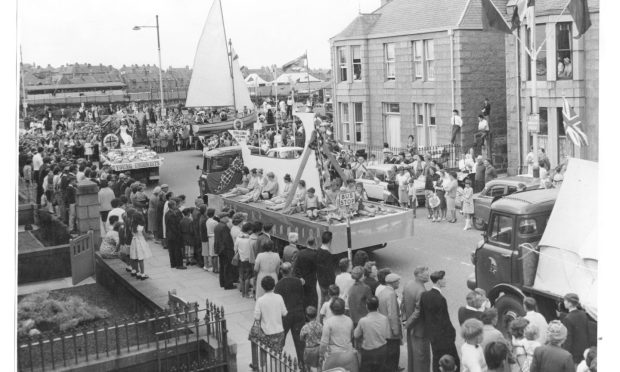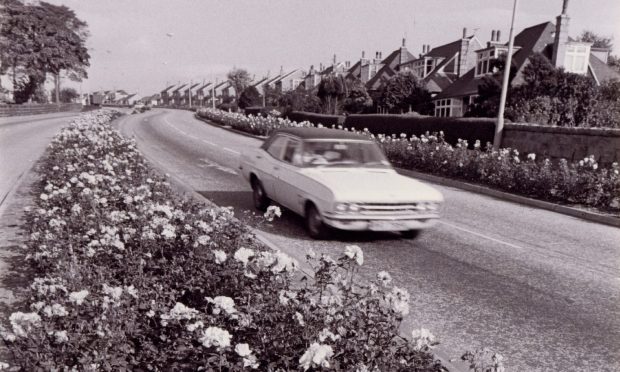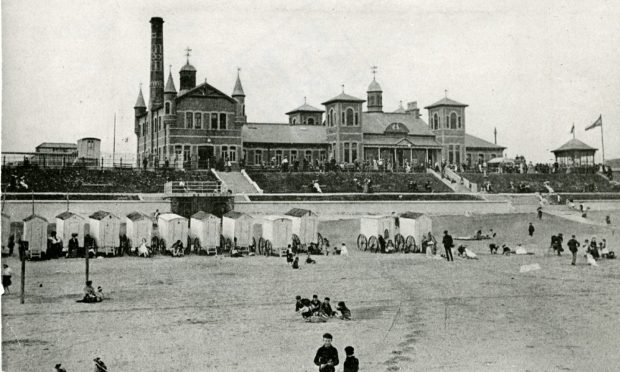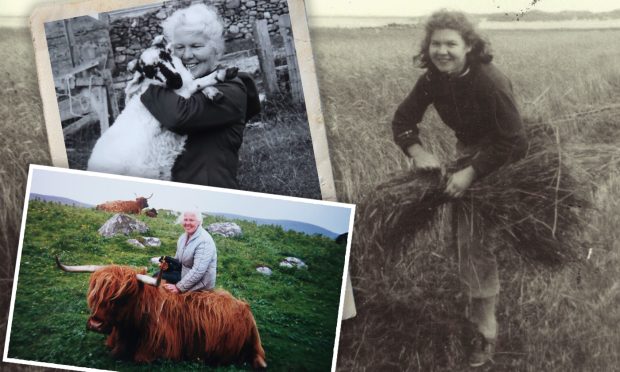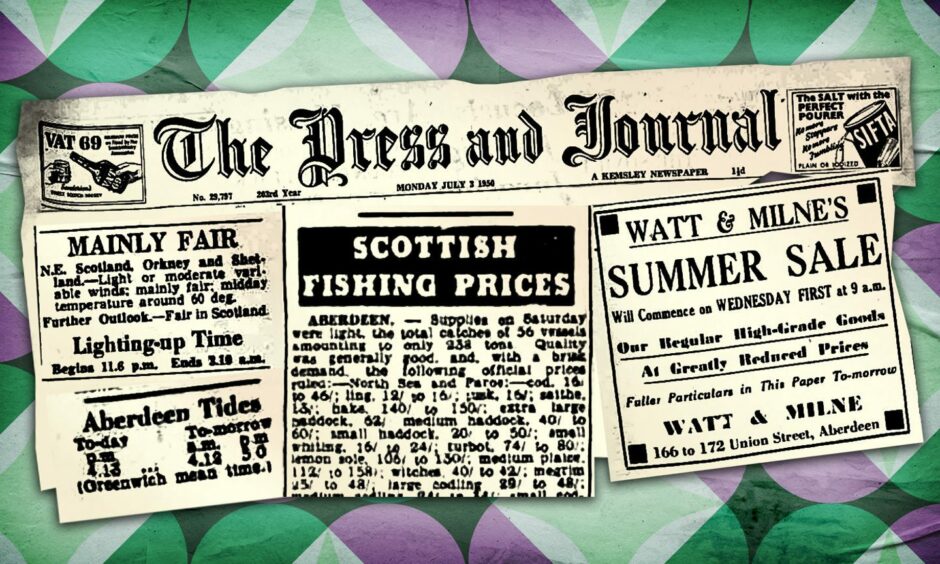
July 3, 1950, and Aberdeen, like the rest of the country, is still enduring post-war austerity. Here are the highlights of the P&J exactly 73 years ago to this day.
Mobile libraries hit the roads of the north-east for the first time
It was an important week for north-east book lovers in what were then called the new ‘housing colonies’ in Aberdeen.
Only the third in Scotland, a library van would soon be on the road five days a week touring school playgrounds in Aberdeen, the city hospitals and housing schemes at Torry, Nigg, Mannofield, Footdee and even HM Prison.
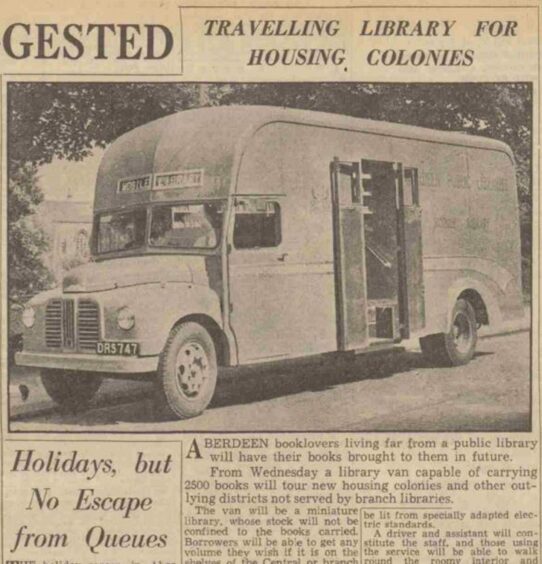
The ‘splendidly equipped’ mini-library was capable of carrying 2,500 books, and was manned by a driver and assistant.
More than seventy years on, the once-popular service has had its day.
The Covid-19 pandemic proved the death knell of the service in Aberdeenshire with the council scrapping their three mobile libraries and replacing them with a home delivery service instead.
Elsewhere on July 3, 1950 under the ‘twas ever thus’ category, north businesses were lamenting the stifling effects of transport costs.
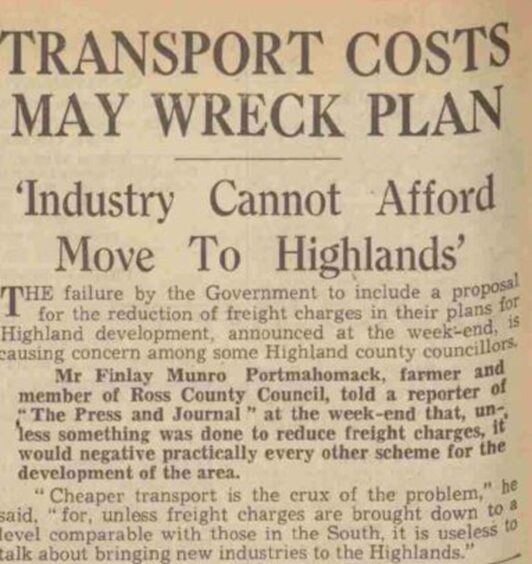
Portmahomack farmer and Ross County Councillor Finlay Munro told the P&J that ‘unless freight charges are brought down to a level comparable with those in the south, it is useless to talk about bringing new industries to the Highlands.’
Sound familiar? Two years ago in the P&J, the headline was ‘Transport costs linked to the closure of Aberdeen’s John Lewis.’
Why was a Culter minister seeking offers of nylon stockings?

And under the ‘Seriously?’ category, a plea from the minister of St Peter’s Church, Peterculter to the pastor of New York Avenue Presbyterian Church in Washington for ‘something silky.’
This was code for nylon stockings.
Eyebrows might be raised in our age about reverends setting up a trade in silky stockings, but let’s not forget the country was still in the depths of post-war austerity.
American nylons were a highly coveted rarity, and were to be sold to the highest bidder to raise funds for the church.
Polio was still doing the rounds
Tucked away at the bottom of page 6 was a tiny but significant paragraph.

Another case of the dreaded and highly disabling poliomyelitis had been confirmed in Aberdeen, at the end of a major outbreak which hit Moray and Nairn particularly badly.
There would be another outbreak in the north-east between 1954 and 1958.
Also on the go were scarlet fever— making a come-back these days— acute primary pneumonia, pulmonary tuberculosis and dysentery.
Polio is no longer a problem in the developed world, but seventy years later, we would be battling with our 21st century blight, Covid-19.
When the going gets tough, the tough get… sewing and knitting

Make do and mend was the order of the post-war day in 1950, and is having a moment in 2023 with the cost of living crisis, with the added edge of a ravaged planet to deal with.
New clothes were prohibitively expensive, so you made your own, helped by magazines such as Pins and Needles.
That would be why your great-granny still insists on knitting cardies for new babes and children, despite the abundance in our age of cheap and cheerful clothing for all, made from recycled plastic bottles and known as ‘fleece’.
